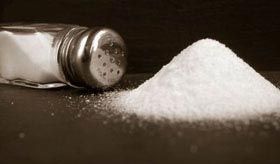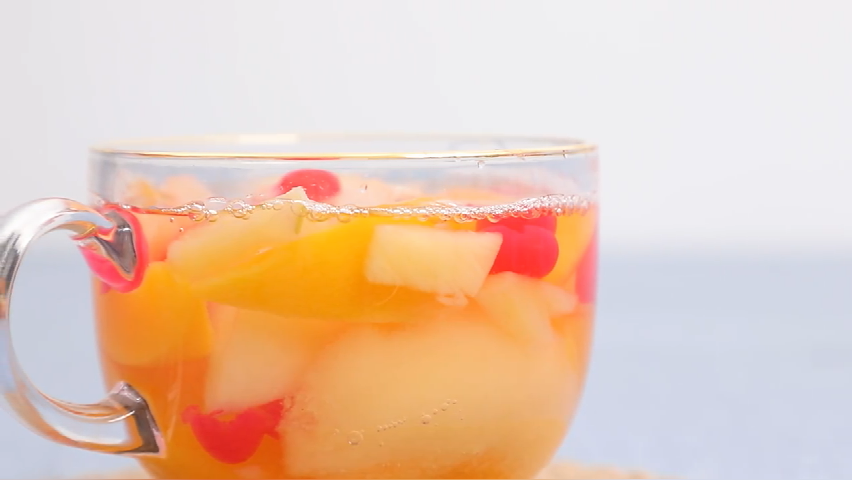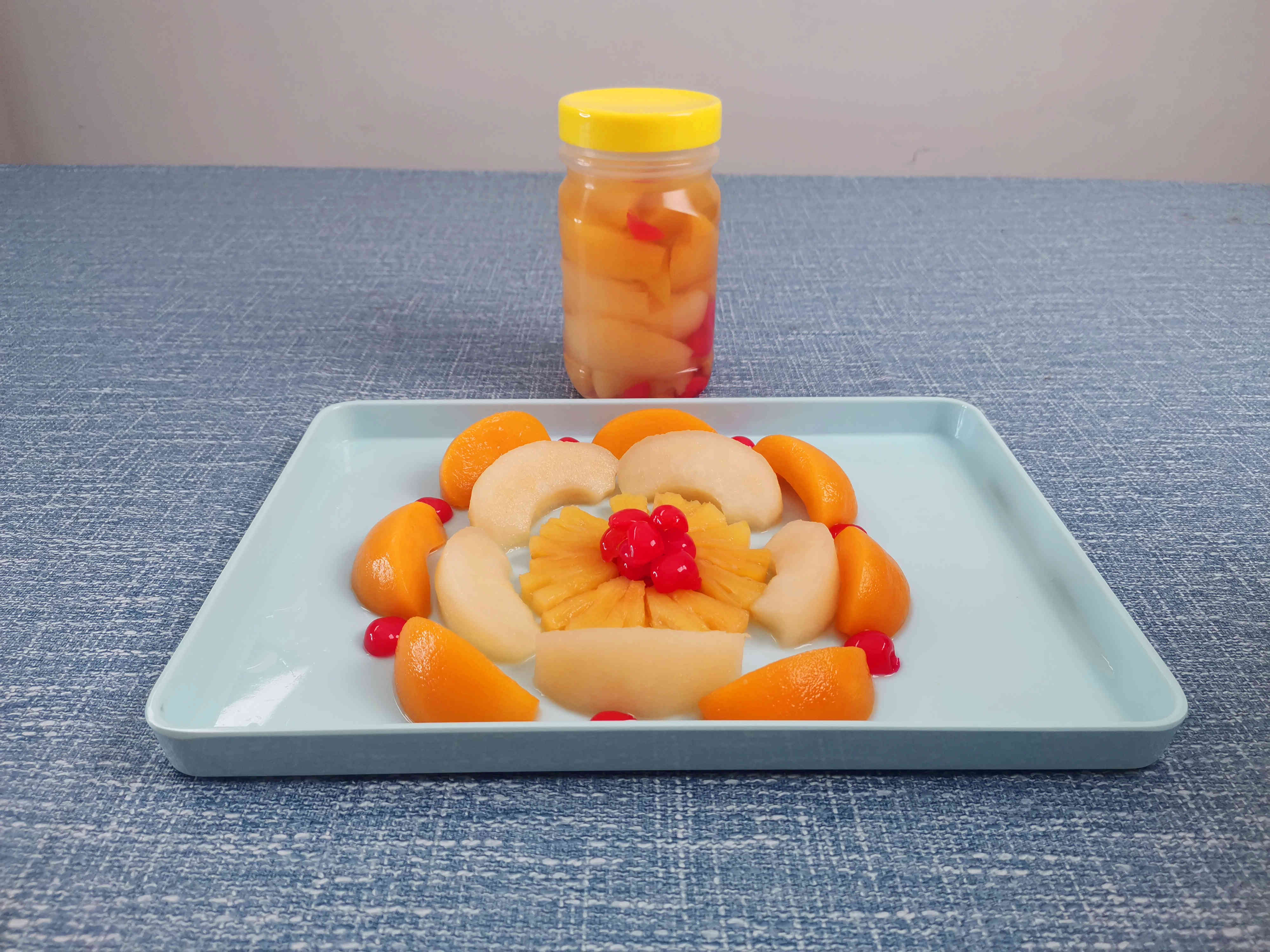Parents are often accustomed to using their own taste as the standard to master salty and pale when they are adjusting food to infants and young children. This is unscientific. Because the salty taste of infants and young children cannot be measured by adult standards, when adults feel salty, the salt concentration must reach 0.9%, but infants and young children need only 0.25%.

Less salt
How much salt do your baby need every day?
Baby within 0 to 6 months does not exceed 0.5 grams per day
Baby within 1 year does not exceed 1 gram per day
1 to 4 year old baby does not exceed 3 grams per day
Healthy Tips: For babies within 6 months, you can get only the sodium you need by eating only breastmilk, formula, and a good amount of supplementary food. You don't need to add extra salt in the food supplement.
note! Infants and young children should not eat too much salt
The chemical name of salt is called sodium chloride. The kidneys of babies and infants, like other organs of their bodies, are far from the mature stage, so he is not capable of fully excreting too much sodium in the blood, so eating too much salt is easily damaged. . And this kind of damage is hard to recover.
Excessive salt consumption can also cause a large loss of potassium in the body along with urine. Potassium has an important role in the body's muscle activity and myocardial relaxation. Losing too much potassium can even cause the heart muscles to weaken and die. For this reason, infants and young children should not eat too much salt.
How much salt do infants and young children eat each day? Under normal circumstances, infants and children need a daily physiological requirement of 1 gram, and newborn infants only need 0.25 grams. Since sodium ions are widely present in various foods, they can also be supplemented without salt.
The staple food for infants and young children is human milk or milk. Each 500 ml contains 0.15 g of salt and 0.5 g of salt respectively. The supplemental food is counted as an additional requirement. Therefore, it does not need to be added. The salt in the diet can satisfy the infant. Children's needs. After 8 to 10 months, 1 to 2 slightly salty foods can be fed daily as a supplement.
Added timing
For babies under 6 months, the main foods are breastmilk and formula milk, while breast milk and formula milk contain sodium (the main ingredient in salt), and the content can meet the baby's needs, so there is no need to add additional salt. 6-12 months baby began to try complementary foods, and food supplements also basically contain sodium salts, especially protein-rich foods, salt in food supplements and salt in breast milk or formula add up to still fully meet the age range The baby's needs, so there is no need to add extra salt.
After 12 months baby, you can add a small amount of salt properly in the food supplement.
TIPS: Should breastfeeding mothers eat less salt?
Breast-fed mothers consume too much salt, and the milk may contain relatively more salt, causing the baby to take too much salt. Therefore, the daily salt level of breast-feeding mothers also needs to be controlled so as not to exceed the standard of normal people - 6 grams.
Added skills
It is recommended that salt intake be controlled by the method of “meal time and saltâ€. That is, add less salt when the dishes are cooked, or add salt when the dishes are cooked and the dishes are ready for cooking. This will cause the salt to adhere only to the surface of the dish, leaving only a little salt but it will taste like it. It can not only control the salt intake, but also avoid the loss of iodine in high-temperature cooking.
Q&A time
My mother asked: Salt is not good enough to eat less salt. Wouldn’t it be better if you don’t give your baby salt?
Experts answer: Salt is the main component of sodium chloride, and sodium ions as one of the main ions outside the cell, for the regulation of body fluids and the improvement of various functions of the cell has a very important role, so sodium (salt) is an important human body Nutrients. Appropriate and appropriate amount of salt for your baby is good for no harm.
My mother asked: Will the baby not feel salty without salt?
Expert answers: The demand for salt for babies within 1 year of age is not very high. The baby relied on the sodium content in breast milk and formula milk six months ago to fully meet the baby's needs. Six months later, he added supplementary food and consumed sodium. There will be more ways. Therefore, you don't have to worry about your baby being boring because you don't get enough sodium to eat salt.
Canned Mixed Fruit, yellow peach, pear, pineapple and cherry mixed In Light Syrup, In Natural Juice or In Splenda.
Fomdas canned fruit cocktail is processed with all natural fruits, it is healthy, gluten-free and Non-GMO. No preservatives are added into our products, and our Mixed Canned Fruit is Kosher certified.

Other popular mixed fruit skus also have peach, pear and pineapple mixed, as well as peach, pear, pineapple, seedless grate and cherry mixed.

The yellow peaches used for production of Canned Fruit Cocktail come from Fomdas own orchards, they are Yellow Clingstone Peaches. The pears, pineapples and cherries are purchased from qualifed suppliers. We test pesticides and heavy metal residual for both raw material and finished products.
Fomdas canned mixed fruit is shelf-stable, it is a good source of vitamins. It is also a perfect snack for both kids and adults. With it, you can enjoy good flavors of different kinds of fruits together at anywhere and anytime.
Mixed Canned Fruit,Canned Mixed Fruit,Mixed Fruit Canned,Canned Fruit Cocktail
ZHEJIANG FOMDAS FOODS CO., LTD. , https://www.fomdasfoods.com